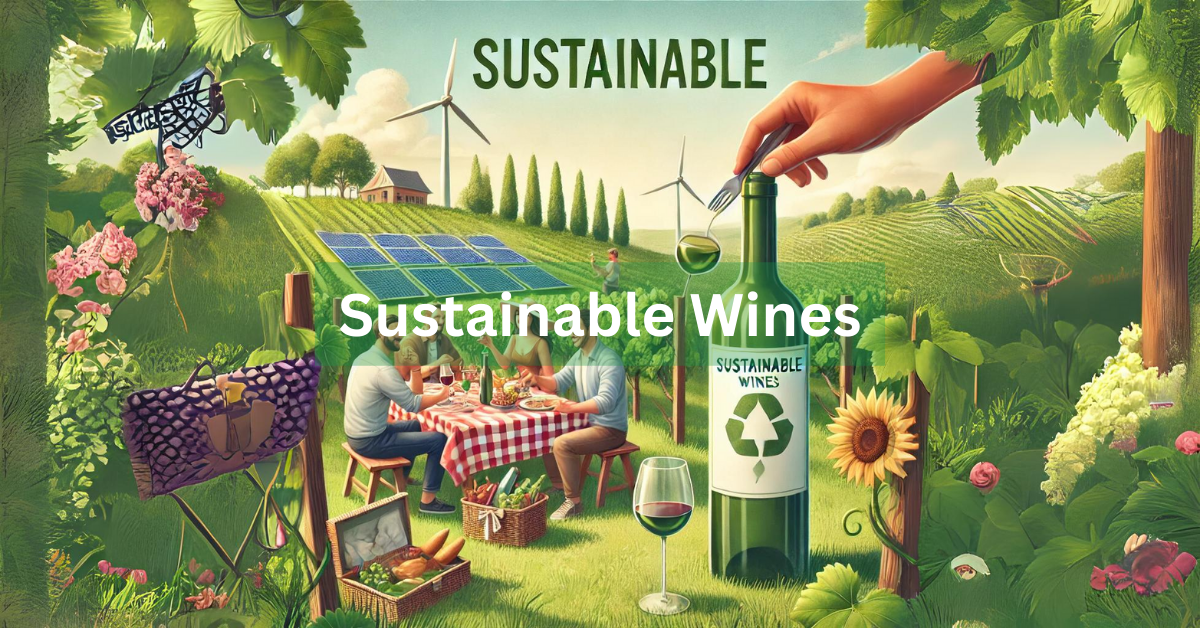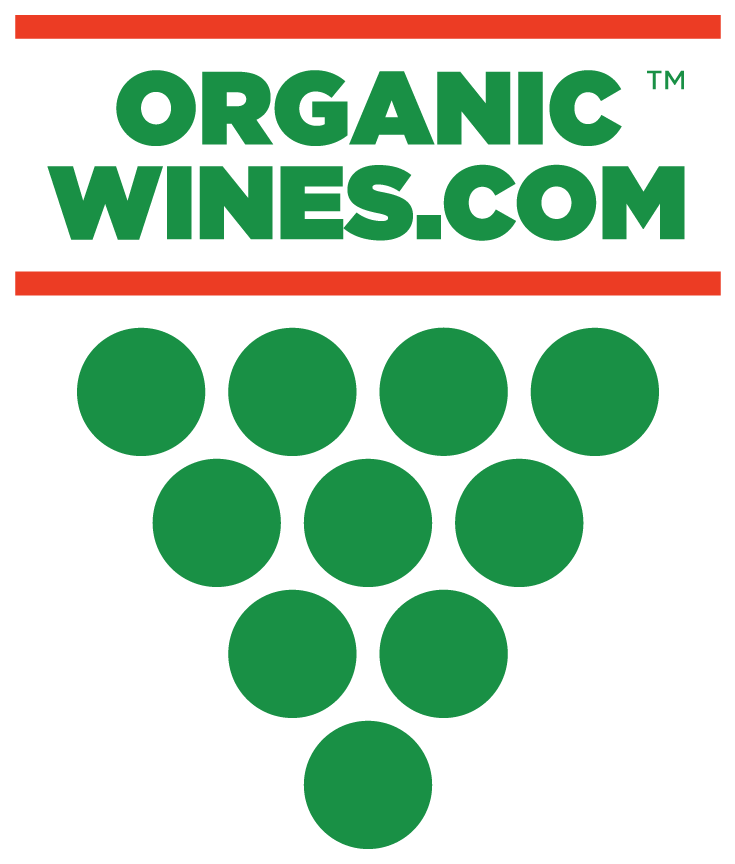
The popularity of sustainable wine is on the rise, reflecting a growing awareness among consumers who seek to make mindful choices about their food and beverage consumption, including the wines they enjoy.
When discussing sustainable wines, it's not just about following a passing trend; it's about forging a harmonious relationship between production and conservation. In winemaking, achieving sustainability often involves a blend of organic, non-organic, and biodynamic practices tailored to the unique needs of the vineyard's ecosystem. Sustainable vineyards prioritize resource management, making decisions informed by their specific geographical context and acting as stewards of the land. This involves initiatives such as waste repurposing, improving air and water quality, and preserving wildlife habitats.
Embracing sustainability in winemaking encompasses a holistic approach that extends beyond environmental concerns to encompass social and economic aspects as well. While the transition to sustainability may entail initial costs for vineyards, many have recognized its importance and made the commitment. It's an essential undertaking, vital for safeguarding our planet's future and ensuring the well-being of generations to come.
Globally, winemakers are increasingly embracing sustainable farming practices, aiming to ensure the longevity of their vineyards and minimize reliance on chemically intensive methods. Australia, for instance, is witnessing a notable shift towards sustainable winemaking, prioritizing environmentally friendly approaches. Similarly, Sonoma Valley in the United States made history in 2019 by committing to become the first fully sustainable wine region in the country. Furthermore, Oregon's wine country boasts its own Certified Sustainable Wine (OCSW) program, emphasizing the region's dedication to sustainability. With each passing day, more wineries worldwide are making pledges to produce sustainable wines, fostering a legacy that future generations can savor and appreciate.
As a wine enthusiast, I find this global movement towards sustainability incredibly inspiring. Not only does it reflect a growing awareness of environmental stewardship within the industry, but it also underscores the commitment of winemakers to preserve the unique terroirs that produce some of the world's most cherished wines.
Indeed, sustainable wines encompass a broader scope than natural, organic, or biodynamic wines, although they may overlap with these categories. Sustainability in winemaking extends beyond the production process itself; it encompasses a commitment to fostering sustainability across every facet of wine production. This includes sustainable practices in vineyard management, such as responsible grape growing techniques, as well as efforts to minimize environmental impact throughout the winemaking process, including the use of recycled materials and responsible waste management. Moreover, sustainable winemaking also involves social responsibility, such as supporting local communities and adopting fair labor practices.
Whether you prefer red, white, or orange wines, there are options available produced in a manner that prioritizes the health of our planet. By consciously choosing sustainable wines, consumers can play a vital role in supporting environmentally responsible practices within the wine industry. As consumers, we hold the power to drive positive change by embracing wines that not only delight the palate but also contribute to a more sustainable future for generations to come.
